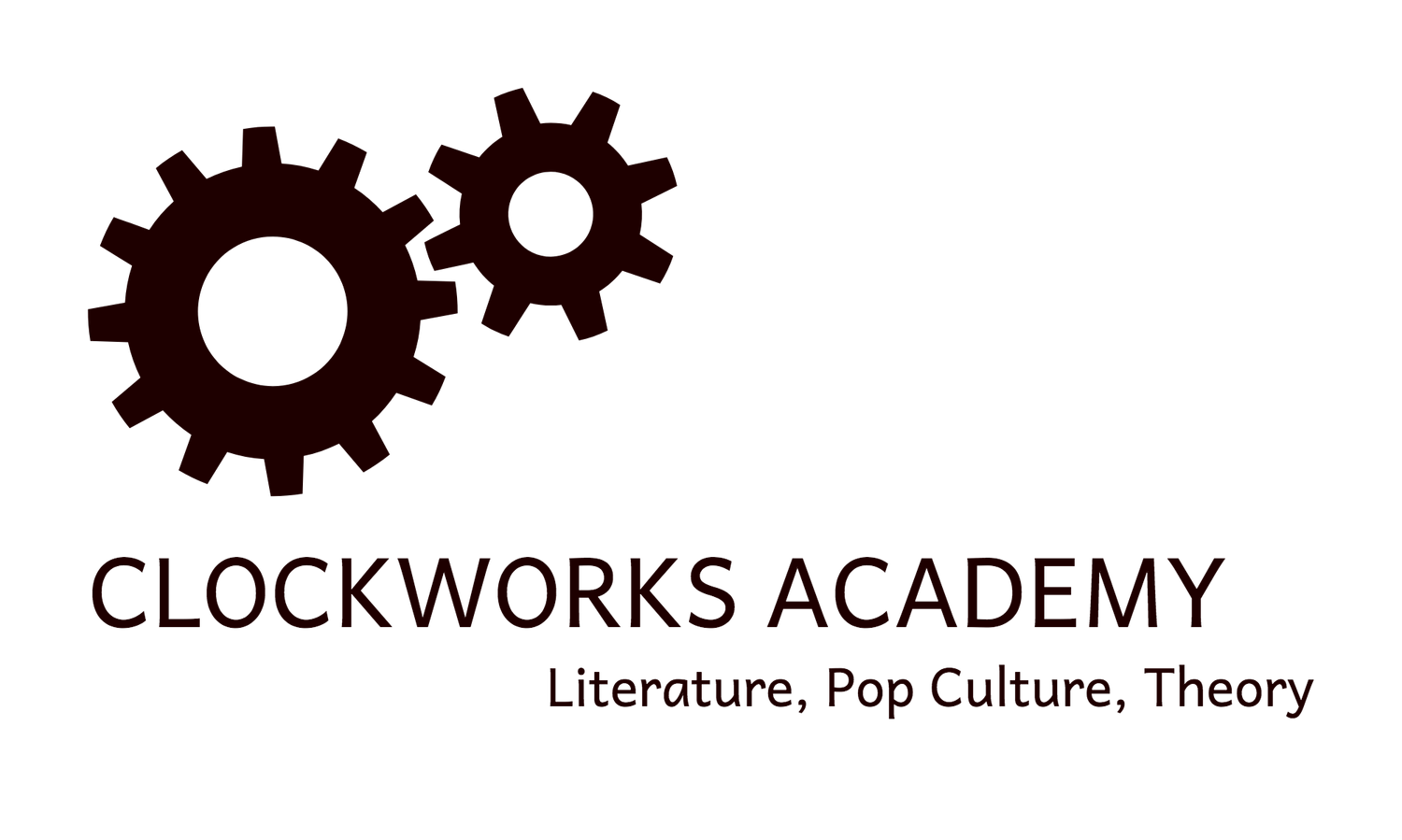Beowulf Movie
The Beowulf movie, released in 2007, is a retelling of the classic epic poem that has been captivating audiences for centuries. However, this adaptation has sparked controversy for its portrayal of the primitive middle ages and its subtheme of Christianizing that some argue is a white supremacist fantasy.
One of the most significant criticisms of the film is its sympathetic portrayal of the monster Grendel, who is often depicted as a mindless and bloodthirsty creature in other adaptations. In this movie, Grendel is presented as a misunderstood and lonely creature who is driven to violence due to his isolation. Additionally, the fact that Grendel and his mother speak a version of Old English, the language in which the original poem was written, adds to the humanization of these characters.
Another controversial element of the movie is its fixation on sexuality and fertility. The film often portrays the characters' sexuality and fertility as central to their identity and power. This is particularly evident in the character of Wealtheow, who is presented as a prize to be won by the victorious Beowulf. The movie's portrayal of the mead hall, a central location in the story, as a place of debauchery and devilry further underscores this fixation on sexuality.
The Beowulf movie also differs from the original poem in significant ways, such as the number of monsters Beowulf kills. In the movie, Beowulf defeats nine monsters, while in the poem, he only kills three. Additionally, the film portrays Hrothgar, the king of the Danes, as having fought and defeated the dragon Fafnir, which is not mentioned in the original text.
Finally, the movie's subtheme of Christianizing has been criticized for its potential white supremacist undertones. While the original poem does contain Christian elements, such as references to God and heaven, the movie places a more significant emphasis on the Christianization of the characters and their world. Some have argued that this portrayal is a white supremacist fantasy that seeks to erase the pagan roots of the story and present Christianity as the only legitimate religion.
In conclusion, the Beowulf movie has sparked controversy for its portrayal of the primitive middle ages and its subtheme of Christianizing. The sympathetic portrayal of Grendel, the fixation on sexuality and fertility, and the deviations from the original poem have all contributed to the debate surrounding this adaptation. While some may argue that the movie's subtheme of Christianizing is a white supremacist fantasy, others may see it as a legitimate interpretation of the story. Regardless of one's opinion, the Beowulf movie has undoubtedly sparked important discussions about the ways in which we interpret and adapt classic literature.
